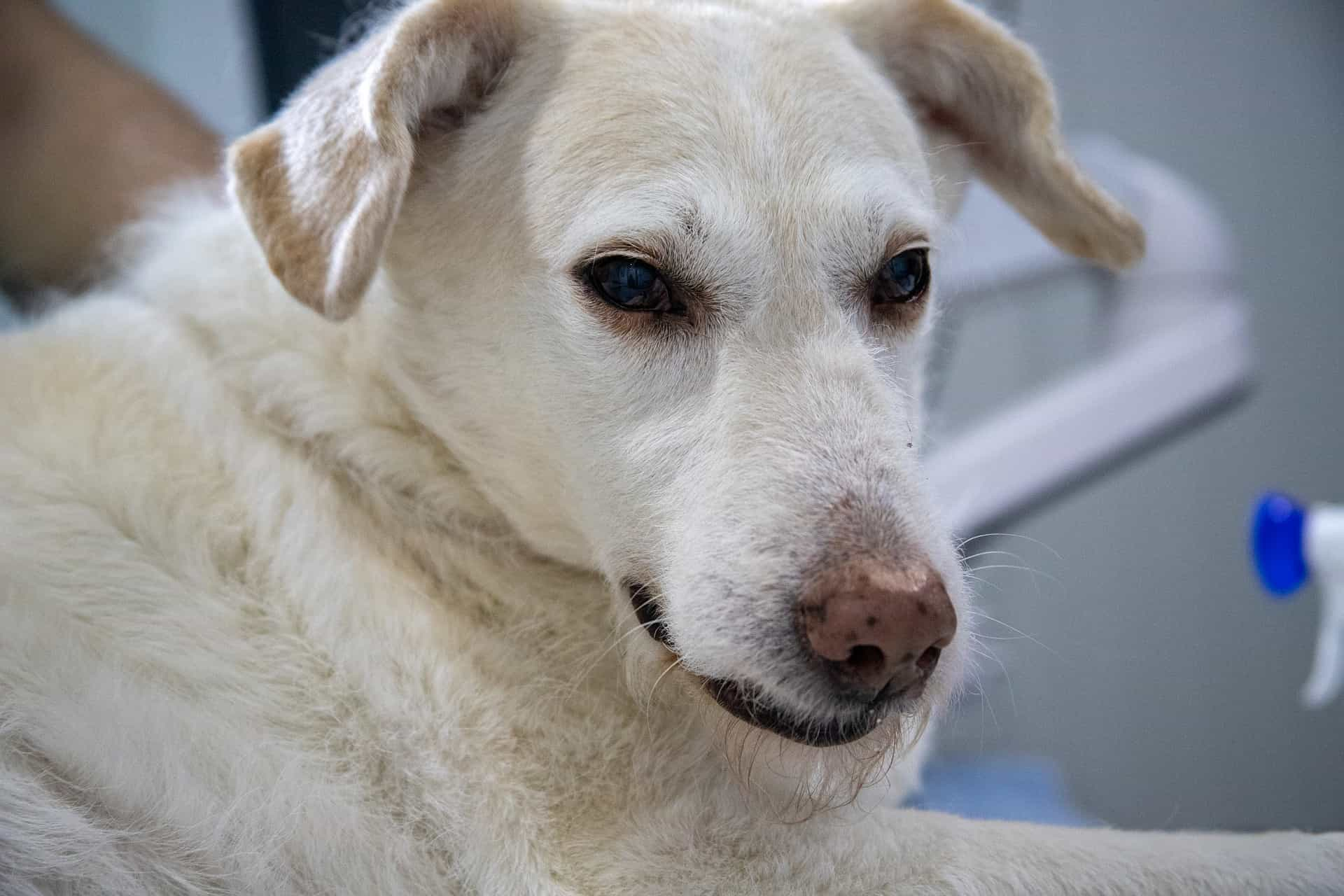Summary
While thinking of the problems your dog might experience is the last thing on your mind, familiarizing yourself with common canine health issues makes it easy to identify the symptoms early enough to get your pet treated on time. It can also help you learn what you can do to reduce the risks of your canine friend suffering these diseases, improving their quality of life, health, and happiness. One of the most important thing to do is to keep your home clean. Make sure that there are no tiny openings around your windows and doors to prevent the entry of wild small lizards, as your dog might eat them. If you're keeping exotic animals as pets like lizards, you need to approach it proactively to make your dog and them co-exist safely.
This article discusses five common dog health problems to watch out for.

1. Obesity
Pet obesity is an epidemic that most pet parents are struggling with. Obesity reduces your dog's lifespan and results in severe health conditions, including metabolic abnormalities, cardiovascular disease, endocrinopathies, cancer, osteoarthritis, diabetes mellitus, and joint alterations like low immune functions and joint disorders. Upon confirming that your dog is obese, the vet gives you an estimated body weight to work with.
Ensure that the food you feed your canine has reduced overall calorie count but maintains the proper nutrient balance. Start by adjusting their food intake to suit weight loss. You can use particular nutritional products such as grain free weight control dog food, the right meal portion, and feeding frequency. Your vet can recommend the best healthy products for your dog.
2. Arthritis
Arthritis is a common joint inflammation disease in dogs that causes stiffness, pain, and discomfort resulting from cartilage. Based on the cause, this disease can affect one or more of your dog's joints. While arthritis is usually a concern in older canines, the problem starts from an early age because of joint and bone development.
Arthritis symptoms in dogs may include joint licking, reluctance when exercising, stiffness or lameness mainly after long rest periods, your pet seeming slower than usual, and worsening signs when damp or cold. Arthritis doesn't heal completely, but you can reduce deterioration with long-term medication and proper management, ensuring your dog's whole, active life.
3. Ear Infections
Ear infections can affect one or both of your canine friend’s ears and be caused by yeast or bacteria. The most common infection is otitis externa, which affects the cell layer lining the ear canal's external portion. Otitis media affects the middle ear canal, while interna is an infection impacting the inner ear canal. These two can be quite severe, causing deafness, vestibular signs, and facial paralysis.
Dog ear infections include scratching the affected ear, head shaking, ear canal swelling or redness, dark discharge, itchiness, and scabs or crusting in the ears. Cleaning the dog's ears and drying them thoroughly after bathing and swimming help prevent ear infections.
4. Dental Disease
Dogs experience a dental problem called periodontal disease, an infection, and inflammation of the tissues surrounding the affected tooth. It starts with gingivitis and, if ignored, spreads into the teeth sockets, destroying the bones. Failure to clean your pet's teeth results in the formation of plague, which mineralizes to tartar. Using toothpaste meant for dogs or chewing special dog treats or toys prevent tartar buildup, preventing or reducing dental disease.
5. Skin Infections
Dog skin infections can be fungal or bacterial, especially when a canine suffers an abrasion or a scratch, and may cause the dog to feel itchy or its skin to appear moist, crusty, or flaky. Bathe your dog frequently and seek vet care when the dog suffers abrasion or scratch to prevent skin problems.
Endnote
Understanding common dog health issues and how to prevent them makes you a responsible pet parent. This helps you take the proper measures to ensure your canine's health.
